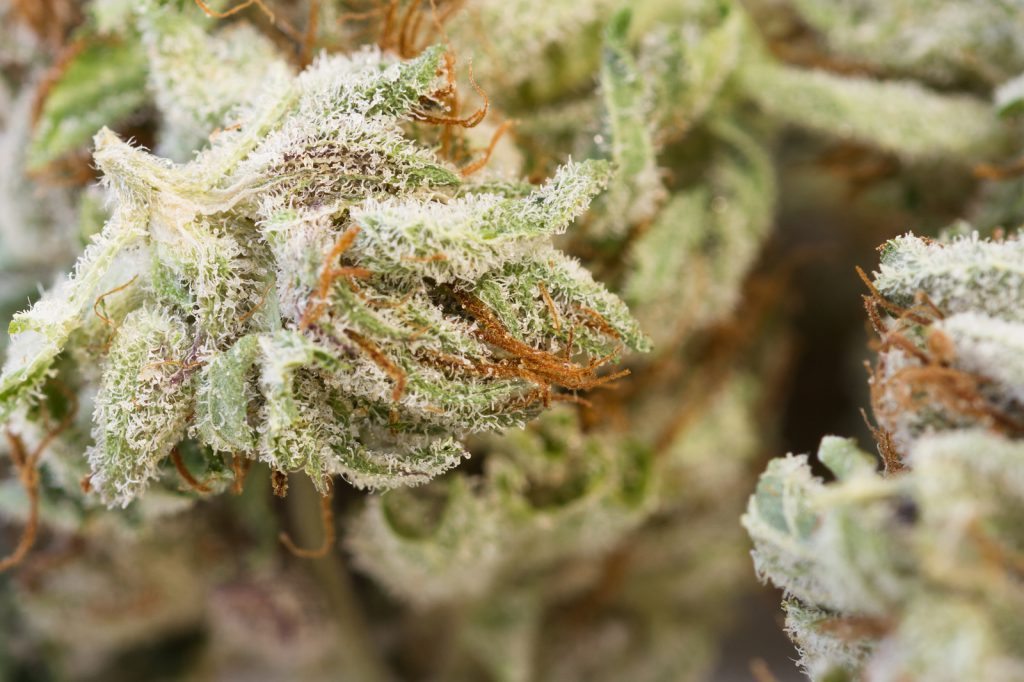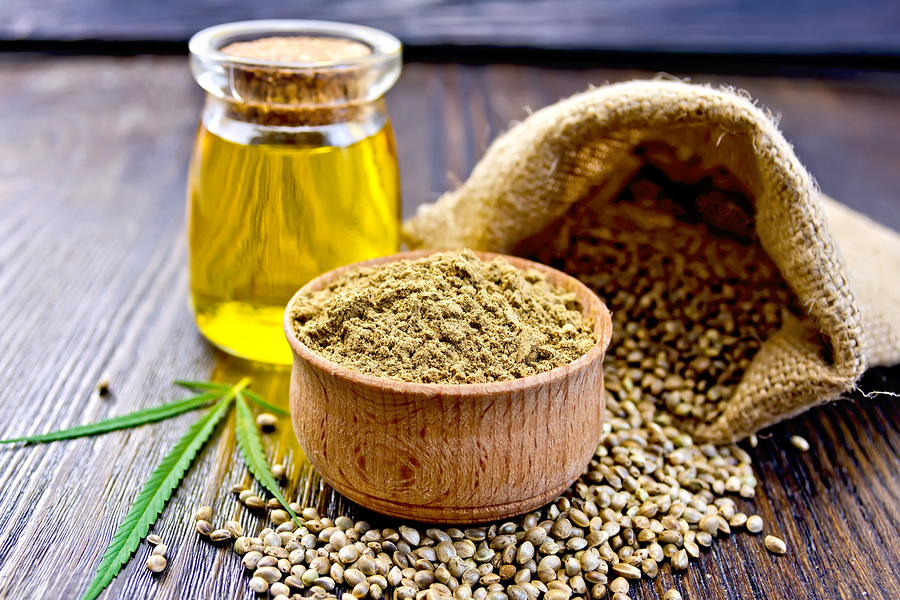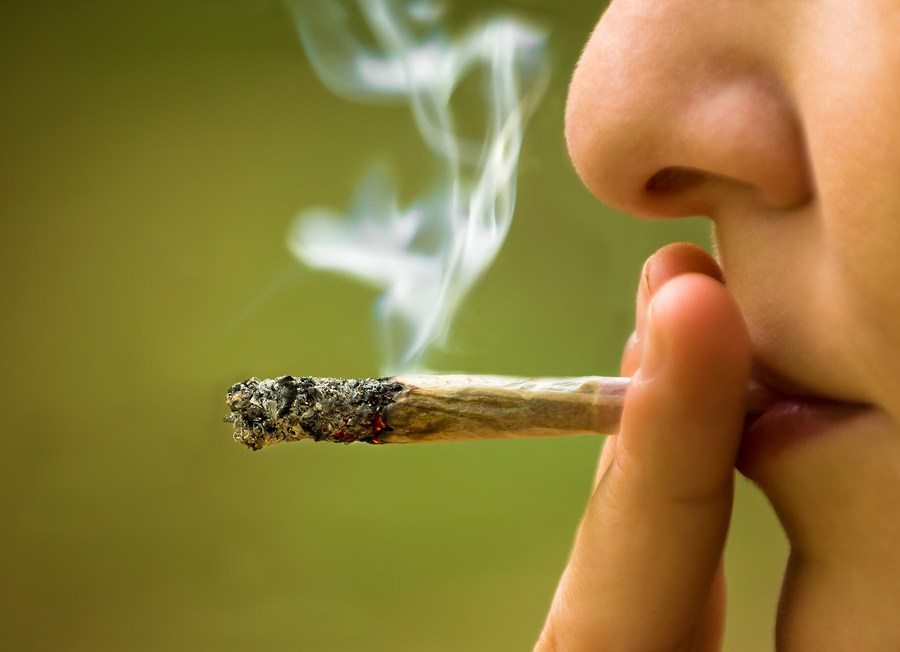As a Boston medical marijuana doctor, patients sometimes ask me whether it is possible to fatally overdose on medical Cannabis. I can assure you with absolute confidence that you cannot accidentally kill yourself by using too much marijuana. However, because Cannabis temporarily impairs certain functions, some activities can be very dangerous while you are using your medicine. Marijuana itself cannot harm you if you overdose – but it can create lethal safety hazards if care is not taken.
What is the Lethal Dose of Marijuana?

Drug overdose deaths are becoming more common in the United States. According to the Centers for Disease Control and Prevention (CDC), “Since 2000, the rate of deaths from drug overdoses has increased 137%.”
Most of these deaths are caused by opioids, a class of painkiller drug that includes morphine, OxyContin (oxycodone), Percocet (another drug containing oxycodone), and Vicodin (hydrocodone). Ironically, the Drug Enforcement Administration (DEA) has assigned all four of these substances lower “Schedule” numbers than marijuana, which shares a Schedule I designation with heroin, despite the fact that marijuana has never been directly responsible for a fatality.
In fact, it is logistically impossible to fatally overdose on marijuana, because the lethal dose of marijuana is approximately 1,500 pounds. You heard that correctly: not 1,500 grams, 1,500 pounds. That was the figure Judge Francis Young calculated in 1988 when he issued his marijuana rescheduling ruling, which included the following statement:
“At present it is estimated that marijuana’s LD-50 is around 1:20,000 or 1:40,000. In layman terms this means that in order to induce death a marijuana smoker would have to consume 20,000 to 40,000 times as much marijuana as is contained in one marijuana cigarette. NIDA-supplied marijuana cigarettes weigh approximately 0.9 grams. A smoker would theoretically have to consume nearly 1,500 pounds of marijuana within about fifteen minutes to induce a lethal response.”
(In medicine, “LD-50” is the lethal dose sufficient to kill half the members of the test population. NIDA is the National Institute on Drug Abuse.)
Of course, we all know how that story ended: the DEA refused to reschedule marijuana then, just as it refuses to reschedule marijuana now, despite substantial scientific evidence that Cannabis is both therapeutic and, for all intents and purposes, non-lethal. If you’d like to see some of the evidence showing marijuana’s health benefits for yourself, you can find numerous studies in my articles on marijuana for cancer, marijuana for chronic pain, and marijuana for anxiety, to provide just a few examples.
Personal Safety Tips to Avoid Injuries While Using Cannabis

Unless you plan on consuming 1,500 pounds of marijuana in the next 15 minutes, you don’t have to worry about a fatal overdose. You should, however, be wary of the injury risks and safety hazards that can arise during or after using your medicine, such as:
- Car accidents. Marijuana affects the way you perceive and respond to your environment. For example, many people report distortions in the way they interpret the passage of time. Because marijuana alters the way you think, feel, and function, it can be extremely unsafe to operate a vehicle or use heavy machinery. If you know you will need to travel by vehicle, make arrangements with a friend, family member, or taxi service in advance. Driving while under the influence of marijuana, though possibly safer than driving while under the influence of alcohol, is still a risky activity that potentially endangers not only yourself, but others on the road.
- Falls and dangerous activity injuries. Certain activities, like climbing ladders or using power tools, are dangerous under any circumstances. These dangers are amplified while you are experiencing marijuana’s psychoactive effects. Do not attempt to use hazardous products while you are using your medication.
- Fires and burns. To minimize the risk of starting a fire or sustaining a burn injury, try using a vaporizer instead of a pipe, bong, or other smoking apparatus. Keep a close eye on the vaporizer’s heating element, and do not leave the device switched on or plugged in when you leave your home or apartment. Allow the vaporizer to cool fully before putting it back in its storage space.
- Pedestrian accidents. Drivers and passengers aren’t the only people who can be injured in marijuana-related car accidents. Pay very careful attention to traffic if you are walking outside or riding your bike while under the influence of Cannabis. Always use crosswalks, and wait for the light to change when crossing an intersection. If listening to music while walking, keep the volume on your headphones low enough that you can clearly hear the traffic around you.
- Sexual and social risks. Marijuana can reduce your anxiety, lower your inhibitions, and make you feel more comfortable and relaxed around others. Just be careful you don’t get too relaxed about your own personal safety. If you’re going to have sex, always use a condom to prevent the spread of STIs, and double check-in with yourself to be sure you won’t regret this interaction in the morning. Be very cautious about leaving bars or parties with strangers, and make sure a trusted friend knows where you are going and who you will be with.
Don’t forget about the safety of other people, either. Take care to keep your medication securely hidden and locked away from any pets or children in your household. The Pet Poison Helpline says it has never received a report of a marijuana-related pet death, but one study did note two canine deaths after the dogs “ingested butter made with medical grade marijuana in baked products.”
Finally, be sure to avoid synthetic marijuana products, like “K2” or “spice,” which has been linked to deaths caused by kidney failure and respiratory problems. K2 is not marijuana, contains numerous chemicals that are not found in marijuana, and it should never be used as a marijuana substitute.
Contact a Boston Medical Marijuana Doctor for a Consultation with Inhale MD
With a little bit of caution and common sense, Cannabis is a remarkably safe drug with no risk of fatal overdose. If your quality of life is being negatively impacted by a serious medical condition, you may be a good candidate for medical marijuana in Massachusetts.
A Boston Cannabis doctor can help you understand which conditions are covered, the process of registering for a Massachusetts medical marijuana card, and the physical and mental effects of Cannabis. To speak confidentially about qualifying conditions for medical marijuana in a private consultation, call Inhale MD at (617) 477-8886.

